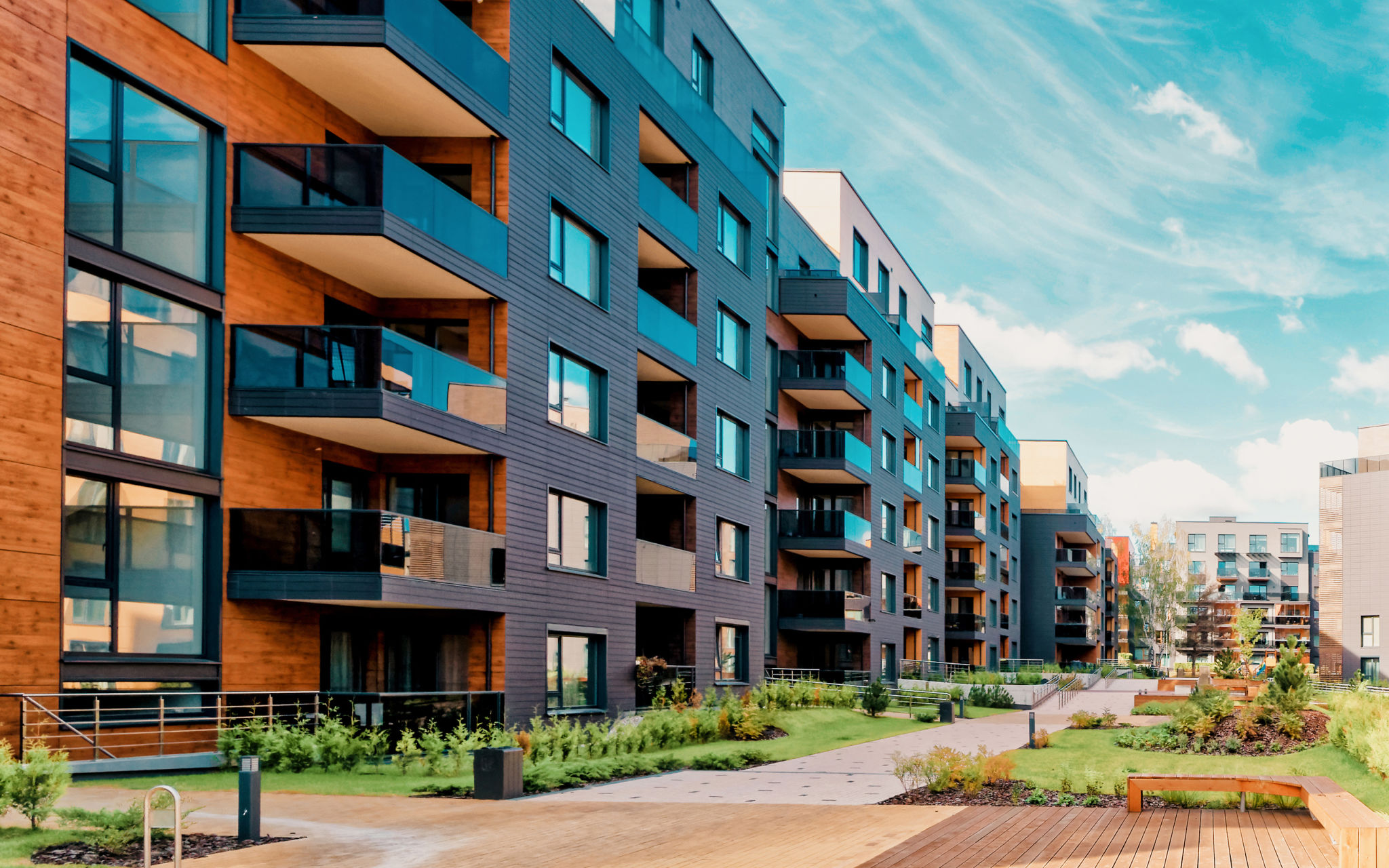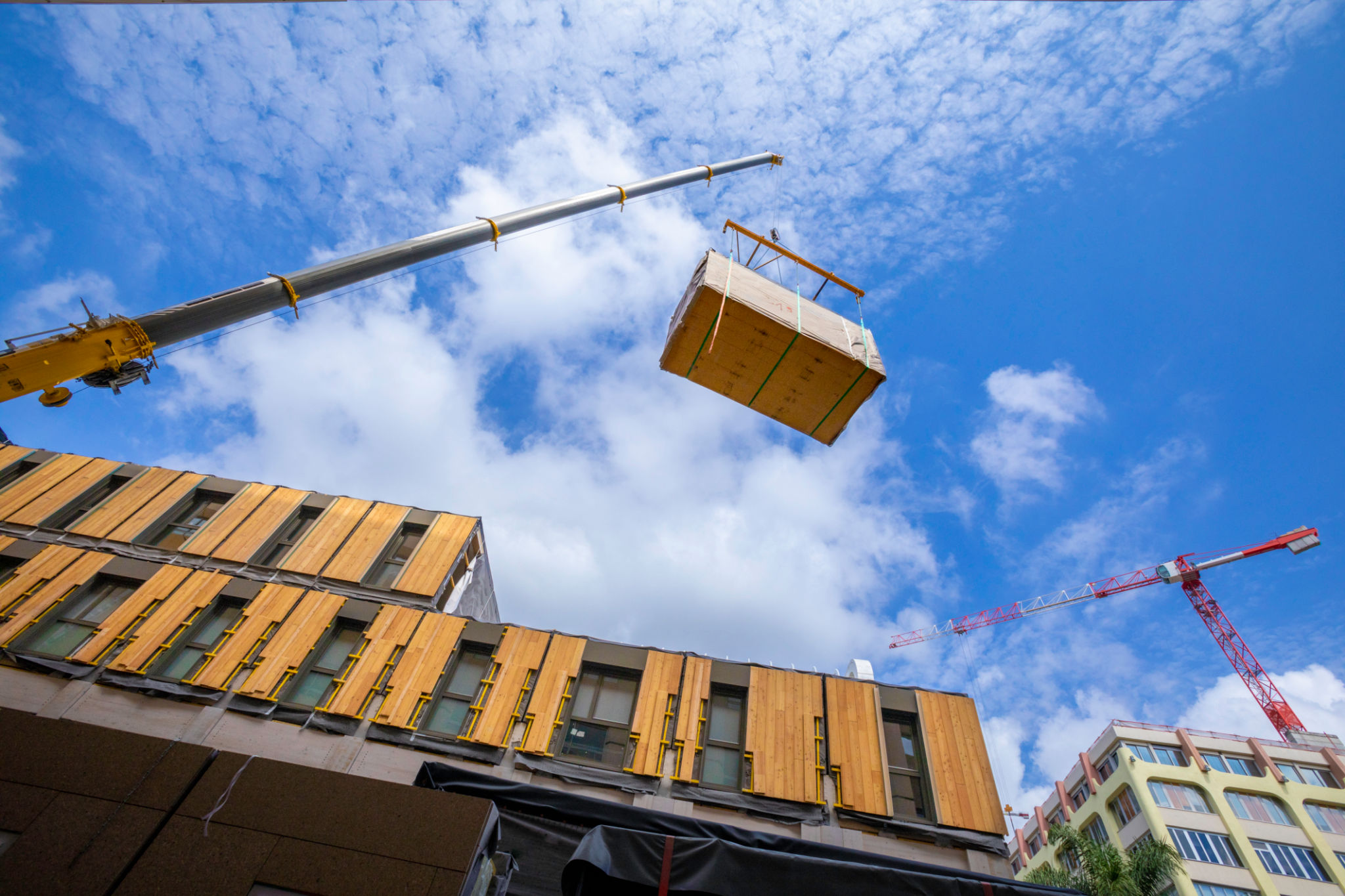Local Insights: Navigating Real Estate Development Challenges in Georgia
Understanding the Georgia Real Estate Landscape
Real estate development in Georgia presents unique opportunities and challenges. With its diverse landscapes ranging from bustling urban centers to serene rural areas, Georgia offers a variety of development possibilities. However, navigating the local regulations, market demands, and environmental considerations requires comprehensive insights and strategic planning.

Legal and Regulatory Framework
One of the primary challenges in real estate development in Georgia is understanding the legal and regulatory framework. The state has specific zoning laws and building codes that developers must adhere to. These regulations can vary significantly between different counties and municipalities, making local knowledge essential. Additionally, developers must consider environmental regulations, especially when projects are near protected lands or waterways.
Zoning Laws and Permits
Zoning laws in Georgia dictate how land can be used, whether for residential, commercial, industrial, or agricultural purposes. Obtaining the necessary permits can be a lengthy process, requiring detailed proposals and sometimes public hearings. Developers need to work closely with local planning departments to ensure compliance and avoid costly delays.

Market Demand and Economic Factors
Georgia's real estate market is influenced by a variety of economic factors. Population growth in cities like Atlanta has driven demand for housing and commercial spaces. Conversely, rural areas may face different challenges such as lower demand or limited infrastructure. Understanding these market dynamics is crucial for successful development.
Urban vs. Rural Development
In urban areas, developers often focus on high-density projects such as apartment complexes or mixed-use developments. These projects are typically driven by the need for affordable housing and commercial spaces. In contrast, rural development may prioritize sustainable practices and community involvement to boost local economies while preserving the natural environment.

Environmental Considerations
Environmental considerations play a significant role in Georgia's real estate development. Developers must assess the impact of their projects on local ecosystems and comply with environmental protection laws. This includes managing stormwater, preserving green spaces, and minimizing disruption to wildlife habitats.
Sustainable Development Practices
Adopting sustainable development practices is becoming increasingly important in Georgia. This includes using eco-friendly building materials, incorporating renewable energy sources, and designing energy-efficient buildings. By prioritizing sustainability, developers can meet regulatory requirements and appeal to environmentally conscious buyers.

Community Engagement and Social Impact
Successful real estate development in Georgia often requires engaging with local communities. Developers need to understand the social impact of their projects and work collaboratively with residents to address concerns. This can involve community meetings, surveys, and partnerships with local organizations.
Building Community Trust
Building trust with the community is essential for overcoming opposition and gaining support for development projects. Transparent communication and demonstrating a commitment to improving local infrastructure and amenities can help ease tensions and foster positive relationships.

